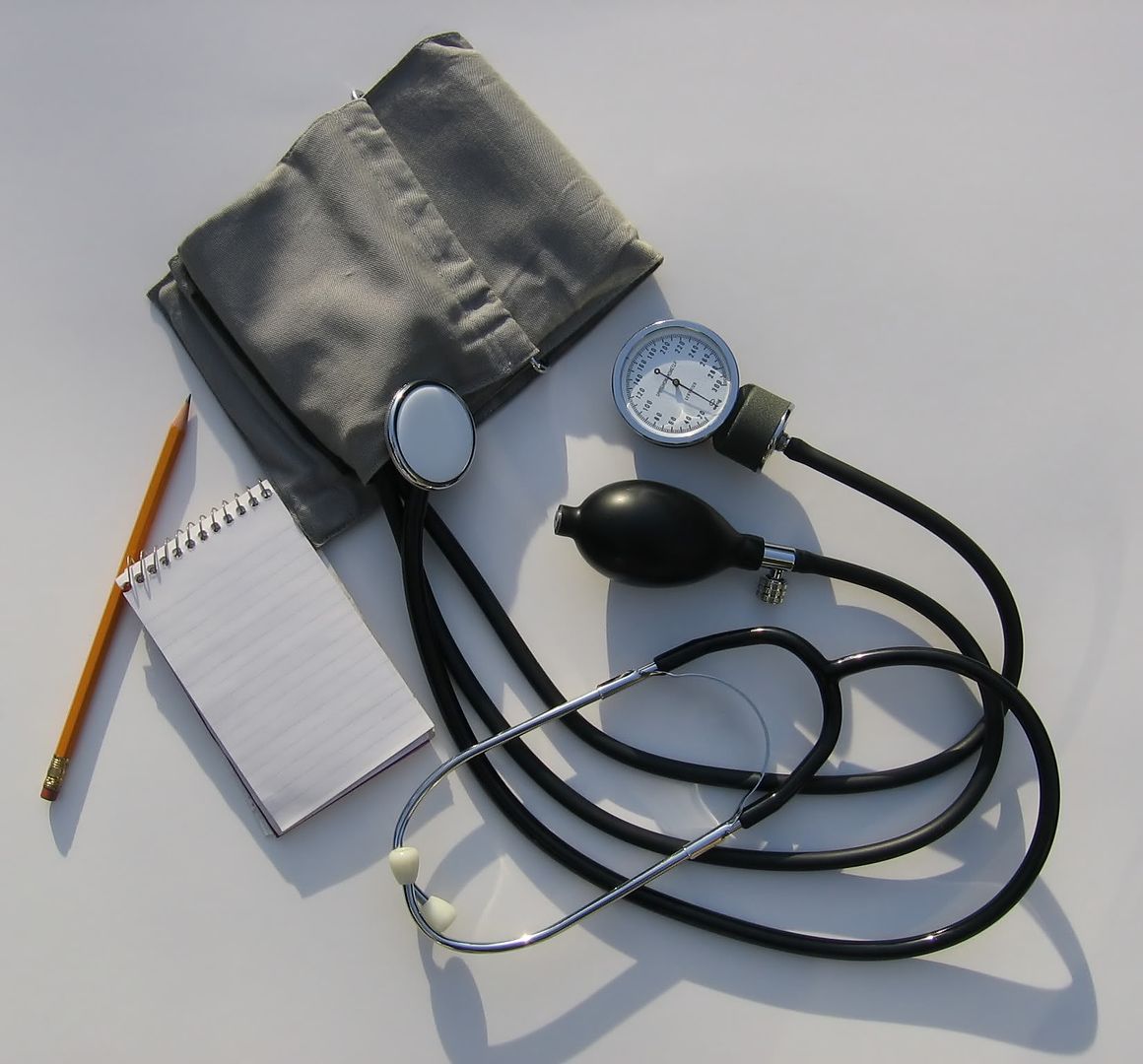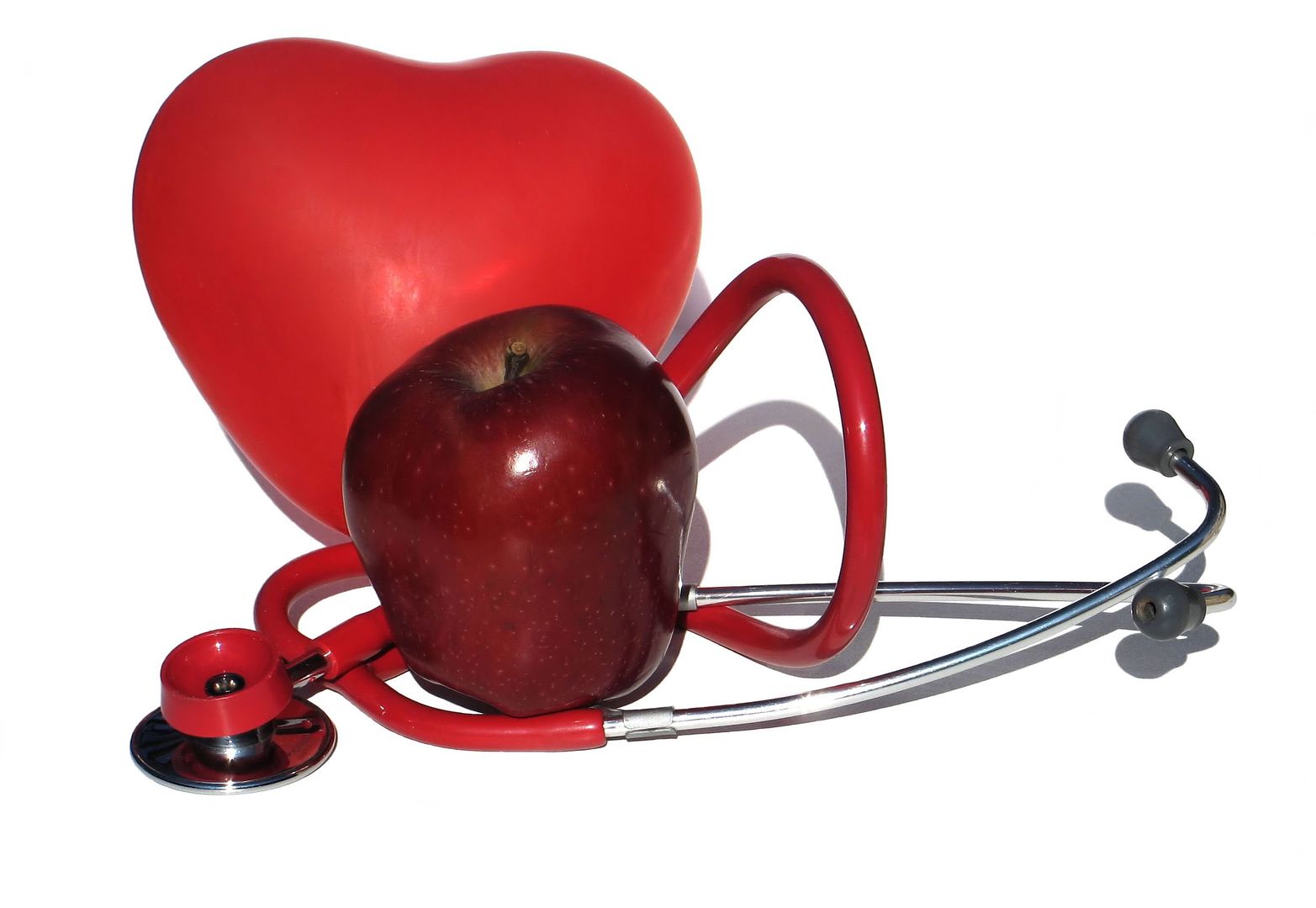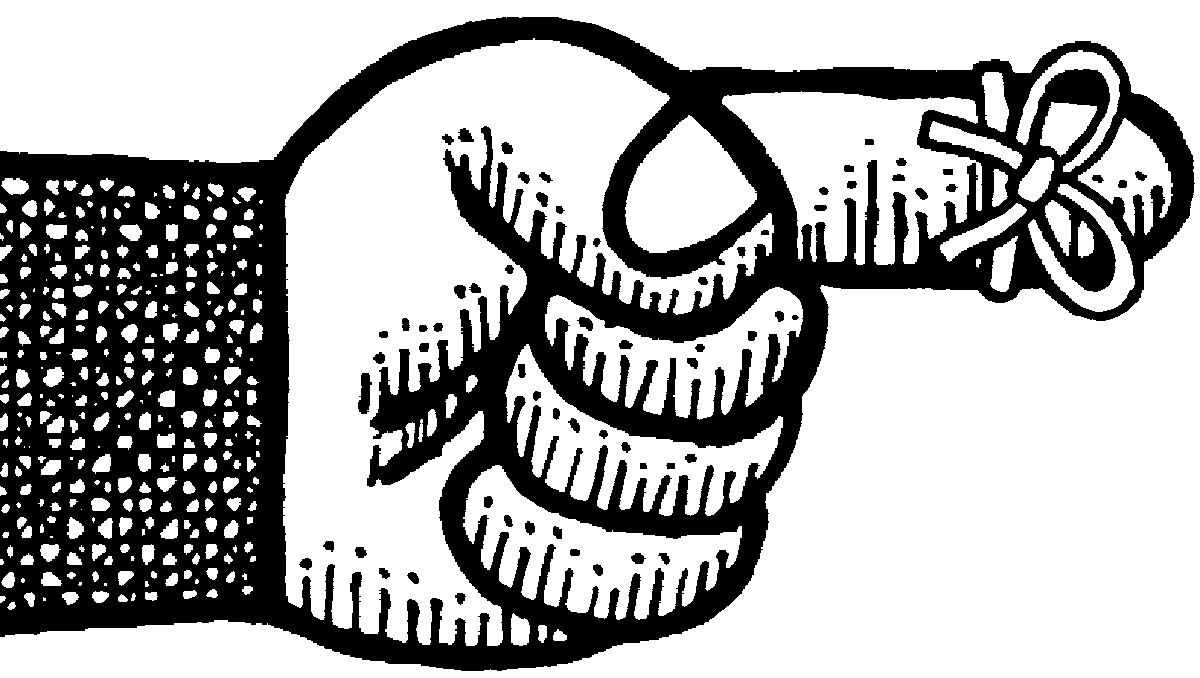Thursday, February 10, 2011
Broken Heart Syndrome (Stress Cardiomyopathy) Symptoms, Causes, Treatments
Tuesday, December 23, 2008
the Symptoms Of Heart Disease

Fact: heart disease strikes the best of us on a daily basis -- whether we are over 40 or not. Sadly, as simple as a healthy diet or minor change in lifestyle can decrease the chances of getting it, many individuals our age aren’t even aware that they have heart disease!
While the symptoms will inevitably vary from case-to-case (given a person’s unique medical history, history of family disease, lifestyle choices) --- there are several symptoms that are found to be common among those who suffer heart disease.
Angina – Angina comes from the Latin word for chest pain. It is the tightness of the chest which seems to radiate to the neck, shoulder, jaw and arms most especially after strenuous activity. This symptom is most-commonly mistaken for a full-blown heart attack.
Heart Palpitations – This is when the heart feels like it’s going to explode. When the heartbeat starts feeling like the heart could just thump out of a person’s chest at any minute. This is most peculiar because it doesn’t require being active to trigger --- and it may often cause a shortness of breath.
Fainting, Dizzy spells, Nausea, Heavy Sweating – When a person suffers angina or heart palpitations, not enough blood gets pumped into the body, causing several functions to just screech abruptly to a halt, thus causing dizzy spells. These are usually warded off by adequate rest, but use that time to recuperate or get yourself checked out.
Have you experienced chest pain after exercising? How about palpitations after drinking an energy drink? Maybe its time to go see a doctor --- what you may shrug off today can bite you tomorrow.
Sunday, December 14, 2008
Heart Disease and It's Symptoms

There are several different types of heart disease: coronary heart infection, myocardial infarction, congestive heart failure, heart valve disease and angina. There are also different symptoms for each.
Coronary Heart Infection is when fatty deposits develop along the coronary arteries. This may have developed in youth, and thicken and enlarge during adulthood. Symptoms may include heaviness, tightness, and/or chest pains.
Myocardial Infarction, also known as a heart attack happens when the heart experiences a prolonged lack of oxygen caused by a blocked blood flow. The symptoms may include severe pressure in the chest area, a pain that spreads from the shoulders, neck, arms and/or jaw. Patient may also experience sudden sweating, paleness and shortness of breath.
Congestive Heart Failure is when the heart isn’t supplying the body with enough oxygenated blood. This may be caused by a high sodium intake, high blood pressure or a heart valve disease. Patient may experience weight gain, fatigue, loss of appetite, a persistant cough and/or constant nausea.
Heart Valve Disease is when the heart doesn’t function as well as it used to. Malfunctioning heart valves prevent bloodflow in and out of the heart. It may be caused by a previous heart attack Symptoms include chest pains, palpitations, fatigue, migraine and dizziness.
Angina is when a part of the heart doesn’t get enough blood. It’s a sign of coronary heart disease. Symptoms include a squeezing or crushing pain in the chest, and pain in the arms, shoulders, jaw and back.
Are you experiencing any of the symptoms? Remember to get regular check-ups from your doctor to confirm or read more about it. Heart health is crucial to a person’s longevity and therefore plays a role in anti-aging.
Wednesday, December 10, 2008
How Would I Know If I Have Alzheimer's?

Do I have Alzheimer’s? How would I know? What if I knew I did, but forgot about it?
Alzheimer’s is form of dementia that is a progressive, degenerative brain disease that destroys brain cells, causing memory loss, thinking/behavior problems and may become severe enough to affect speech, memory and a social life. Today, there is still no known cure for it.
There are three stages and should you even feel like you’re suffering the mild stage, you should immediately get yourself checked-up.
Mild – This is the stage that is most usually missed by the patient’s family. You start misplacing things and you forget some minor detail from earlier on in the day. You also tend to be less energetic. There’s a diagnosis for Mild Cognitive Impairment if your forgetfulness starts to alarm you.
Moderate – You may forget several important details, but should at least still be able to care for yourself. Simple tasks are still doable, but for the more complicated ones, like driving or cooking, you may need assistance. It is crucial at this point to start seeing a doctor about it.
Severe – This article stops making sense to you. Fact is you might not have been able to read it all that well --- it’s either you have read it and have forgotten about it, or your brain simply can’t access the part of your brain that knows how to read. The progression of the disease at this point is drastic, control of bodily functions go out the window and you may start forgetting who your loved ones are, or why they’re there in the first place.
While it’s silly to assume that we can all just go out every afternoon to get a cognitive impairment test, it’s even sillier to think that Alzheimer’s won’t affect you. As clichés go about prevention and cure --- there are several, more accessible means of decreasing the likelihood of Alzheimer’s, only if you don’t forget to remember.